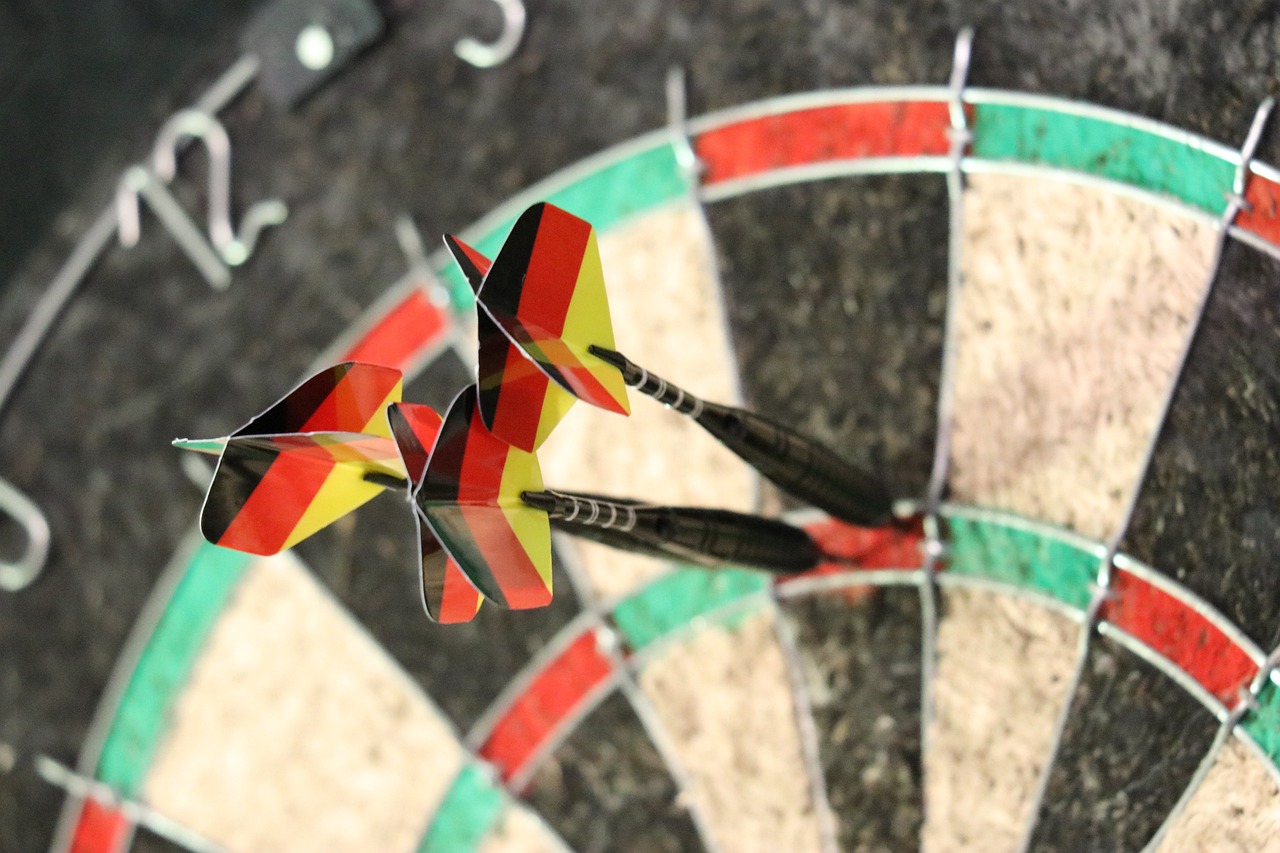Sports Science Applications in IPL Training
skyexch win, world777 com id, goldbet7 com: Sports Science Applications in IPL Training
As the Indian Premier League (IPL) continues to grow in popularity and competitiveness, teams are constantly looking for innovative ways to gain a competitive edge. One such avenue that has gained traction in recent years is the application of sports science in training. Sports science encompasses a wide range of disciplines, including physiology, biomechanics, psychology, and nutrition, all of which can be utilized to enhance player performance and reduce the risk of injuries. In this blog post, we’ll explore how sports science is being used in IPL training and the benefits it offers to teams and players.
Physiology and Fitness Testing
One of the key components of sports science in IPL training is physiology and fitness testing. By conducting various tests such as VO2 max tests, body composition analysis, and muscle strength assessments, teams can gain valuable insights into the physical condition of their players. This information can be used to tailor training programs to individual needs, ensuring that players are able to perform at their peak level throughout the grueling IPL season.
Biomechanics Analysis
Another important aspect of sports science in IPL training is biomechanics analysis. By using motion capture technology and video analysis, teams can identify and correct flaws in a player’s technique. Whether it’s a bowler struggling with their run-up or a batsman with a faulty back lift, biomechanics analysis can help players make the necessary adjustments to improve their performance on the field.
Psychology and Mental Skills Training
In addition to the physical aspects of training, sports science also plays a crucial role in addressing the mental side of the game. Psychology and mental skills training can help players develop the mental toughness and resilience needed to perform under pressure. Techniques such as visualization, goal setting, and relaxation can all be used to enhance a player’s mental game and improve their overall performance on the field.
Nutrition and Recovery Strategies
Nutrition and recovery are also vital components of sports science in IPL training. Proper nutrition is essential for fueling performance and ensuring optimal recovery between matches. Teams work closely with nutritionists to develop customized meal plans that meet the specific energy and nutrient needs of each player. Additionally, recovery strategies such as ice baths, massage therapy, and stretching routines help players recover faster and reduce the risk of injuries during the intense IPL season.
Injury Prevention and Monitoring
One of the most significant benefits of sports science in IPL training is its role in injury prevention and monitoring. By using wearable technology such as GPS trackers and heart rate monitors, teams can track players’ workload and identify potential signs of fatigue or overtraining. This data allows teams to adjust training loads as needed to reduce the risk of injuries and keep players healthy throughout the season.
Performance Analysis and Game Planning
Finally, sports science is also used in IPL training to analyze performance and develop game plans. Teams use data analytics and video analysis to study opponents’ strengths and weaknesses, identify key trends, and develop strategies to gain a competitive advantage on the field. By leveraging technology and data-driven insights, teams can make more informed decisions and maximize their chances of success in the IPL.
In conclusion, sports science plays a crucial role in IPL training and has become an indispensable tool for teams looking to gain a competitive edge. By integrating physiology, biomechanics, psychology, nutrition, and injury prevention strategies into their training programs, teams can enhance player performance, reduce the risk of injuries, and improve their chances of success in the IPL. As the league continues to evolve, we can expect to see even greater integration of sports science into IPL training, further raising the level of competition and excitement for fans around the world.
FAQs
Q: How do teams incorporate sports science into their training programs?
A: Teams work with a diverse team of sports science experts, including physiologists, biomechanists, psychologists, nutritionists, and injury prevention specialists, to develop customized training programs for players.
Q: What are the benefits of using sports science in IPL training?
A: Sports science helps teams enhance player performance, reduce the risk of injuries, improve recovery, and develop game strategies based on data-driven insights.
Q: How do players benefit from sports science in IPL training?
A: Players benefit from personalized training programs, biomechanics analysis, mental skills training, nutrition plans, and injury prevention strategies, all of which can help them perform at their best during the IPL season.







